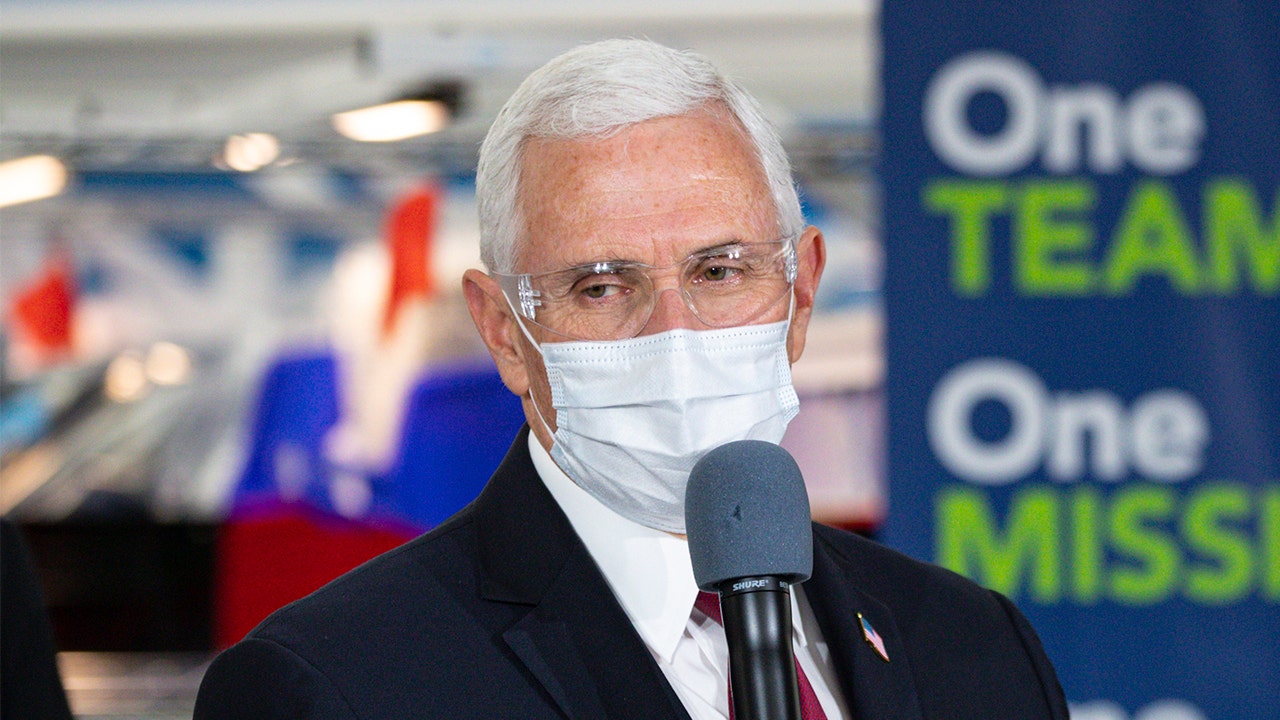postman
Diamond Member
- Feb 23, 2017
- 19,186
- 10,188
- 1,250
No, actually Pence was told he lied by no Yates and Brennan, I believe it was, and now there are questions as to whether he actually did lie...The justice dept said the retired General was intentionally entrapped by slick agents in the FBI under orders by the Obama administration. Didn't agents swear under oath when they obtained the fraudulent FISA warrant? I guess it's a felony to lie to the FBI but it isn't against the law when they lie to us.
You left out that Flynn lied to Vice President Pence, who was questioning Flynn on behalf of President Trump. So in effect, Flynn lied to the president.
Are you O.K. with that?
VP Pence went on meet the press and told the world what Michael Flynn told him. And Pence stated that Flynn told him, that he did not talk to the Russian ambassador about sanctions.
Which is a lie. Whether they showed the transcript to Pence, or directly to Trump, the president announced he fired Flynn because he lied to the vice president. Period. Full stop.




 She lost her temper and showed her true colors (again)....the CYA always follows one of her outbursts.
She lost her temper and showed her true colors (again)....the CYA always follows one of her outbursts.